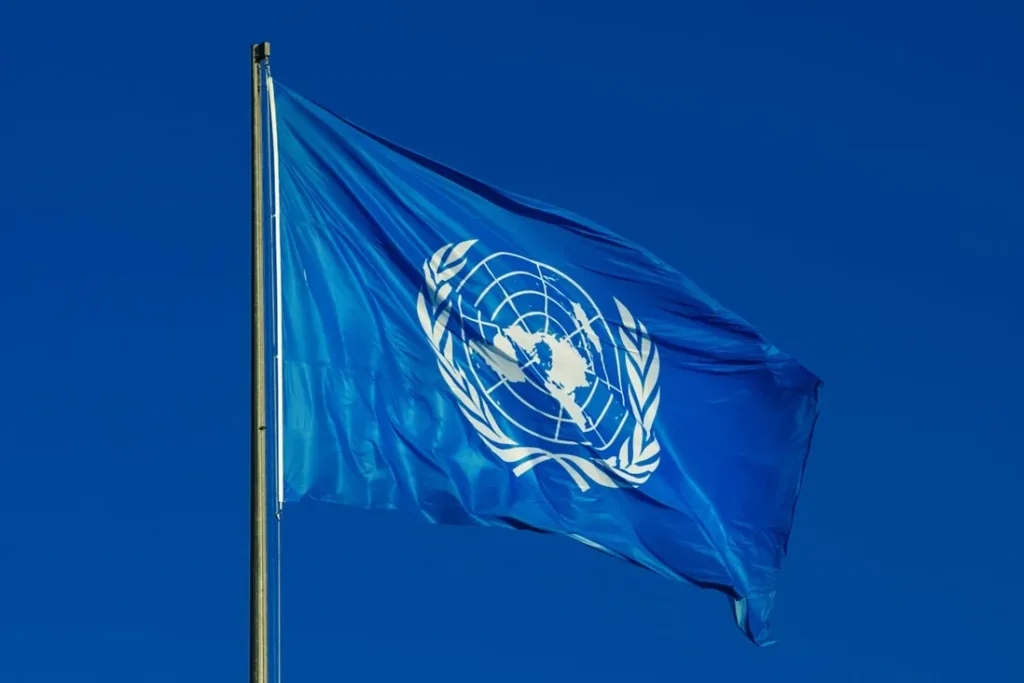The United Nations General Assembly (UNGA) has officially accepted a resolution designating January 26th as the International Day of Clean Energy, which coincides with the establishment of the International Renewable Energy Agency (IRENA) in 2009. This choice of date by the 193 UNGA Member States acknowledges IRENA’s pivotal role in expediting the worldwide shift towards renewable energy.
Through the establishment of this special day dedicated to clean energy, the United Nations highlights the significance of inclusiveness and allocates a specific day for both conventional and non-traditional participants to present their contributions towards more affordable, dependable, and sustainable modern energy systems. These systems are crucial in propelling progress towards the objectives outlined in the 2030 sustainable development agenda.
This decision by the UN becomes particularly noteworthy in light of the upcoming COP28 conference in Dubai, underscoring the requirement for a united global strategy to address energy-related challenges. In alignment with IRENA’s 1.5°C scenario and the COP28 program, the UN resolution stresses the necessity to enhance the proportion of renewable and clean energy sources by 2030. This transition is vital for achieving a just and sustainable transformation of energy systems. IRENA’s World Energy Transitions Outlook advocates for a threefold increase in annual additions of renewable power capacity, rising from approximately 300 gigawatts (GW) to an average of 1000 GW by 2030 on a global scale.
Welcoming the UN resolution, IRENA Director-General Francesco La Camera said: “It is with much enthusiasm that I applaud the UN and its Member States, including the United Arab Emirates and Panama as co-facilitators of the resolution, on their decision to create an International Day of Clean Energy. It is proof, that since the foundation of IRENA on the 26th of January 2009, the energy transition has taken centre-stage to fight climate change, enhance human welfare and drive an urgent and systemic shift for increased energy access, reduced inequalities, improved energy security, and prosperous and resilient economies and societies.”
